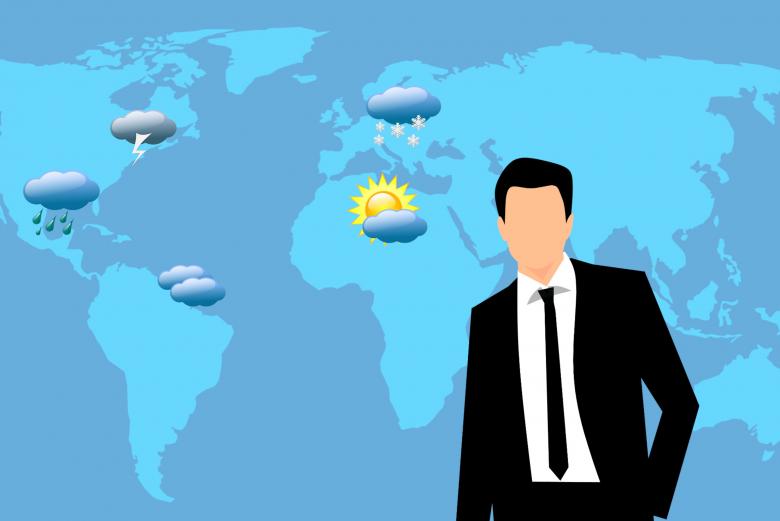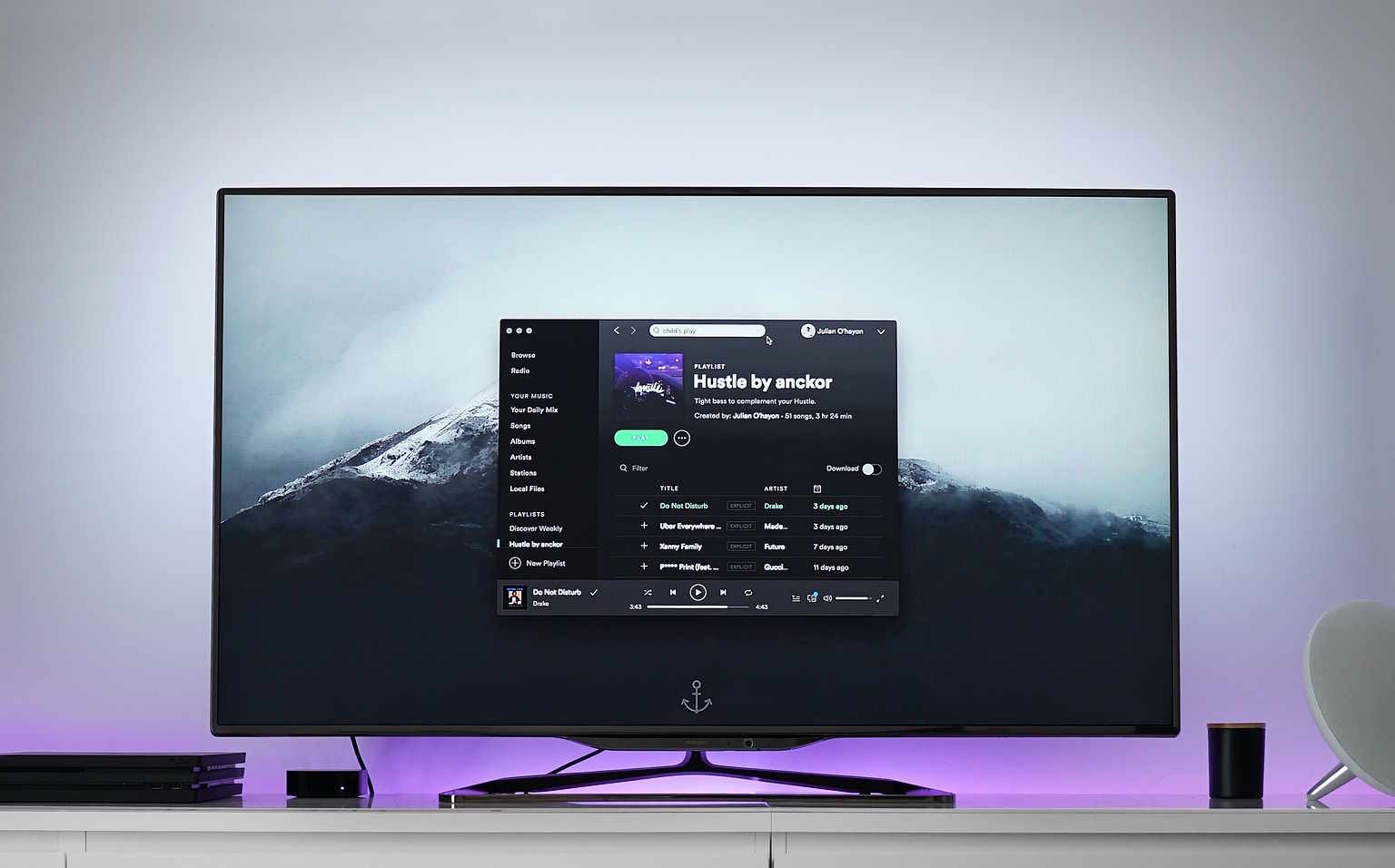The Social Phenomenon of "Cancel Culture"
In today's digital age, the term "cancel culture" has become a buzzword, sparking debates and discussions across various platforms. But what is cancel culture, and how does it impact our society? Read below to delve into this contemporary social phenomenon.

Understanding Cancel Culture
Cancel culture, also known as call-out culture, is a form of public shaming that aims to hold individuals and groups accountable for their actions by calling attention to behavior deemed unacceptable by the public. It’s a form of social punishment that often occurs on social media platforms, where people can be “cancelled” for their actions or statements, leading to a loss of social or professional standing.
The Rise of Cancel Culture
The rise of cancel culture can be attributed to the widespread use of social media. The internet has given people a platform to voice their opinions and call out those they believe have done wrong. This trend has been fueled by a growing desire for accountability and justice, particularly in cases where traditional systems have failed to deliver.
The Impact of Cancel Culture
The impact of cancel culture is a double-edged sword. On one hand, it can serve as a powerful tool for social justice, holding powerful individuals accountable for their actions. On the other hand, it can also lead to a culture of fear and self-censorship, as people become wary of saying or doing anything that could potentially be misconstrued and lead to their cancellation.
Cancel Culture and Freedom of Speech
One of the main criticisms of cancel culture is that it threatens freedom of speech. Critics argue that the fear of being cancelled can lead to self-censorship, stifling open dialogue and the free exchange of ideas. However, proponents argue that cancel culture is not about silencing voices, but rather about holding people accountable for harmful speech.
The Future of Cancel Culture
The future of cancel culture is uncertain. As society continues to grapple with the implications of this phenomenon, it’s clear that a balance needs to be struck between holding people accountable for their actions and preserving freedom of speech. It’s a complex issue that requires careful thought and consideration.
Useful Tips and Facts:
- Cancel culture is a form of public shaming that occurs on social media.
- It can serve as a tool for social justice, but can also lead to a culture of fear and self-censorship.
- The future of cancel culture is uncertain, with society grappling with its implications.
In conclusion, cancel culture is a complex social phenomenon that has both positive and negative implications. While it can serve as a powerful tool for social justice, it can also lead to a culture of fear and self-censorship. As we continue to navigate the digital age, it’s crucial to strike a balance between holding people accountable for their actions and preserving freedom of speech.






